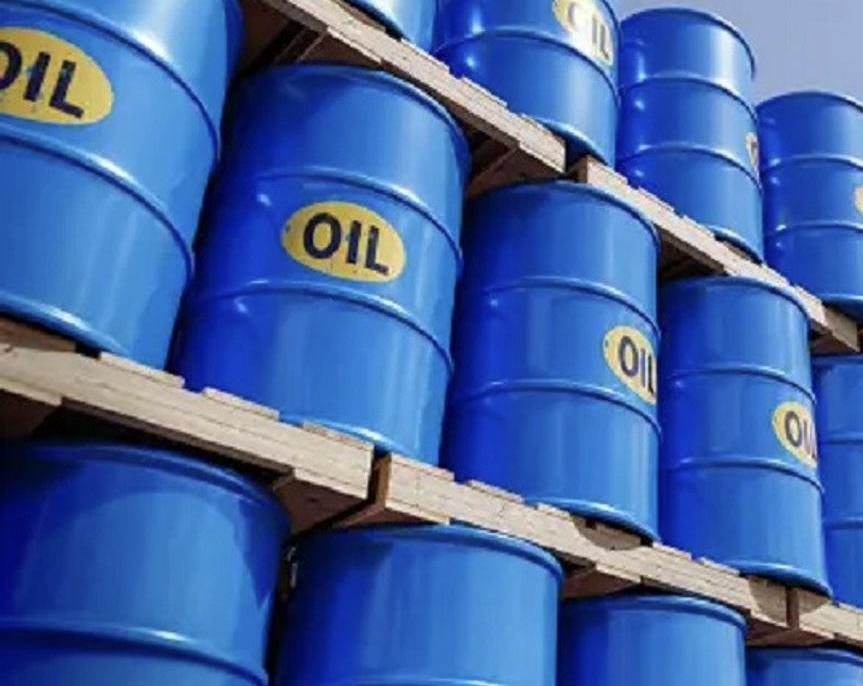KEY POINTS
- Nigeria’s oil production rose to 1.505 million barrels per day in June 2025, meeting its OPEC quota.
- The country remains Africa’s top oil producer, ahead of Algeria, with significant implications for its economy.
- OPEC warns of a potential global oil supply shortfall by 2030 without major upstream investment.
Nigeria’s crude oil production reached a significant milestone in June 2025, as the country hit its assigned output quota of 1.5 million barrels per day (bpd), according to the Organization of the Petroleum Exporting Countries (OPEC). This marks a crucial rebound for Africa’s largest economy, which has struggled in recent years to meet its production targets amid security challenges, oil theft, and underinvestment.
OPEC’s latest Monthly Oil Market Report, released on Tuesday, noted that Nigeria’s average output stood at 1.505 million bpd in June. The figure represents a 3.58% increase from May’s production level of 1.453 million bpd. This is the second time Nigeria has met its 2025 quota and also reflects the country’s highest production rate since January.
The reported data was obtained through direct communication with Nigerian authorities, reinforcing the credibility of the figures. OPEC also cited secondary sources which estimated an even higher figure — 1.547 million bpd for June — compared to 1.528 million bpd recorded in May.
Nigeria Retains Lead as Africa’s Top Oil Producer
In the broader African context, Nigeria maintained its position as the continent’s leading crude oil producer, surpassing Algeria, which produced 927,000 bpd in the same period. The development is a positive sign for Nigeria’s economy, which relies heavily on crude oil exports for revenue and foreign exchange.
“Nigeria’s improved output is a testament to ongoing efforts to curb oil theft and improve security around critical oil infrastructure,” said an industry analyst based in Lagos. “However, sustaining this level of production will require long-term investment in upstream capacity, efficient policy implementation, and consistent governance.”
The news comes just weeks after OPEC+ — the extended alliance of OPEC members and their allies — announced a collective production increase of 548,000 bpd starting in August. This decision is part of broader efforts to stabilize global oil supply amid increasing demand and geopolitical tensions.
The OPEC report also shed light on global oil stockpiles, particularly within the Organisation for Economic Co-operation and Development (OECD). Preliminary data for May showed that OECD commercial oil inventories increased to 2.771 billion barrels, a rise of 34.5 million from the previous month.
Nonetheless, these stock levels remain significantly below historical averages. “At this level, OECD commercial stocks were 75.1 million barrels less than the same time last year, and 127.7 million barrels lower than the latest five-year average,” the report stated. This trend suggests a tightening oil market, which could have implications for global prices in the months ahead.



